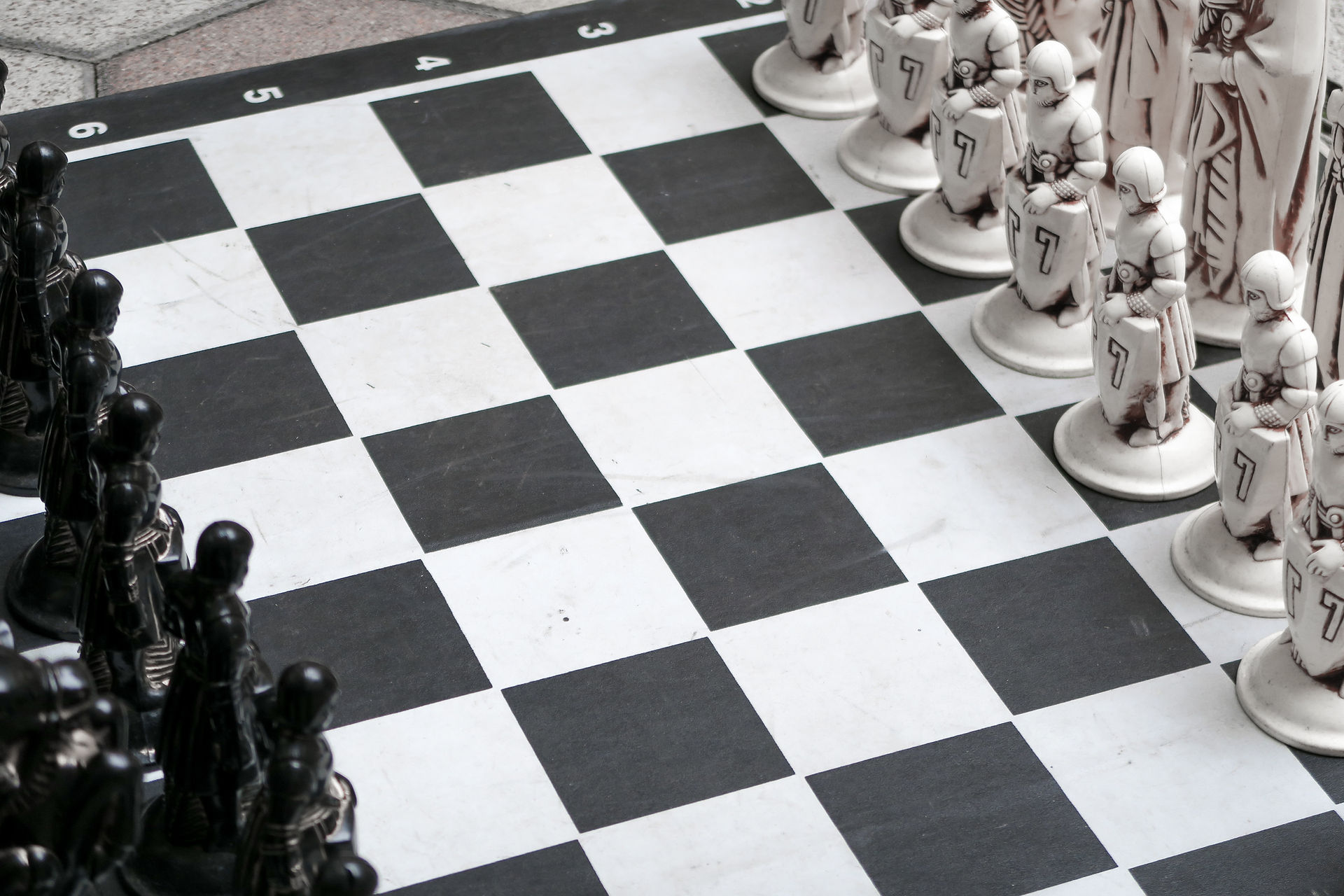

About Us
The Stavanger Chess Club (Stavanger Sjakk-klubb or SKK) was founded 1917 and consists of about 80 members. The associated Youth Club known as Stavanger Sjakk-klubb Ungdom (SKU) consists of over 90 members from age 5 to 25.
The association is very active and holds weekly lessons/gatherings for children and young people in Stavanger, including at Jåtten skole, Tjensvoll Bydelhus Stavanger Kristne Grunnskole (SKG) and Nylund skole.
Stavanger SKU emphasizes creating an educational, positive, social, inclusive, joyful and safe environment for children and young people. The game of chess encorages and strenghten both competitive and cooperative play as well as development of strong analytical skills. The club organises group lessons and achitivities to accomodate the player's age and skill level.
The Stavanger Chess Club for Youth, know in Norwegian as Stavanger Sjakklubb Ungdom (SSKU) is a separate association from the adult division of the Stavanger Sjakklubb with its own board and registration in the Enhetsregisteret i Brønnøysund. SSKU has a broad objective of being the largest club in Norway in terms of the number of active children and young people. The association operates mainly on voluntary effort from parents and chess enthusiasts.

Why Chess?
Promote Problem Solving
Chess presents players with complex problems that require creative solutions. By engaging in chess, children can enhance their problem-solving abilities and learn to think outside the box. This skill can be applied to various real-life situations, helping them overcome challenges and find innovative solutions.
Build Concentration
Chess requires players to focus and concentrate for long periods of time. By regularly playing chess, children can improve their concentration skills, which can benefit them in their studies and other activities that require sustained attention.
Enhance Critical Thinking
Chess is a game that requires strategic thinking and planning. By playing chess, children can develop their critical thinking skills, as they need to analyze different moves and anticipate their opponent's strategies. This helps them to think logically and make informed decisions in various aspects of life.
Develop Sportsmanship
Chess teaches children the value of sportsmanship and fair play. They learn to accept both victories and defeats graciously, respecting their opponents and valuing the process of learning and improving. This fosters a positive attitude and good sportsmanship in all aspects of life.